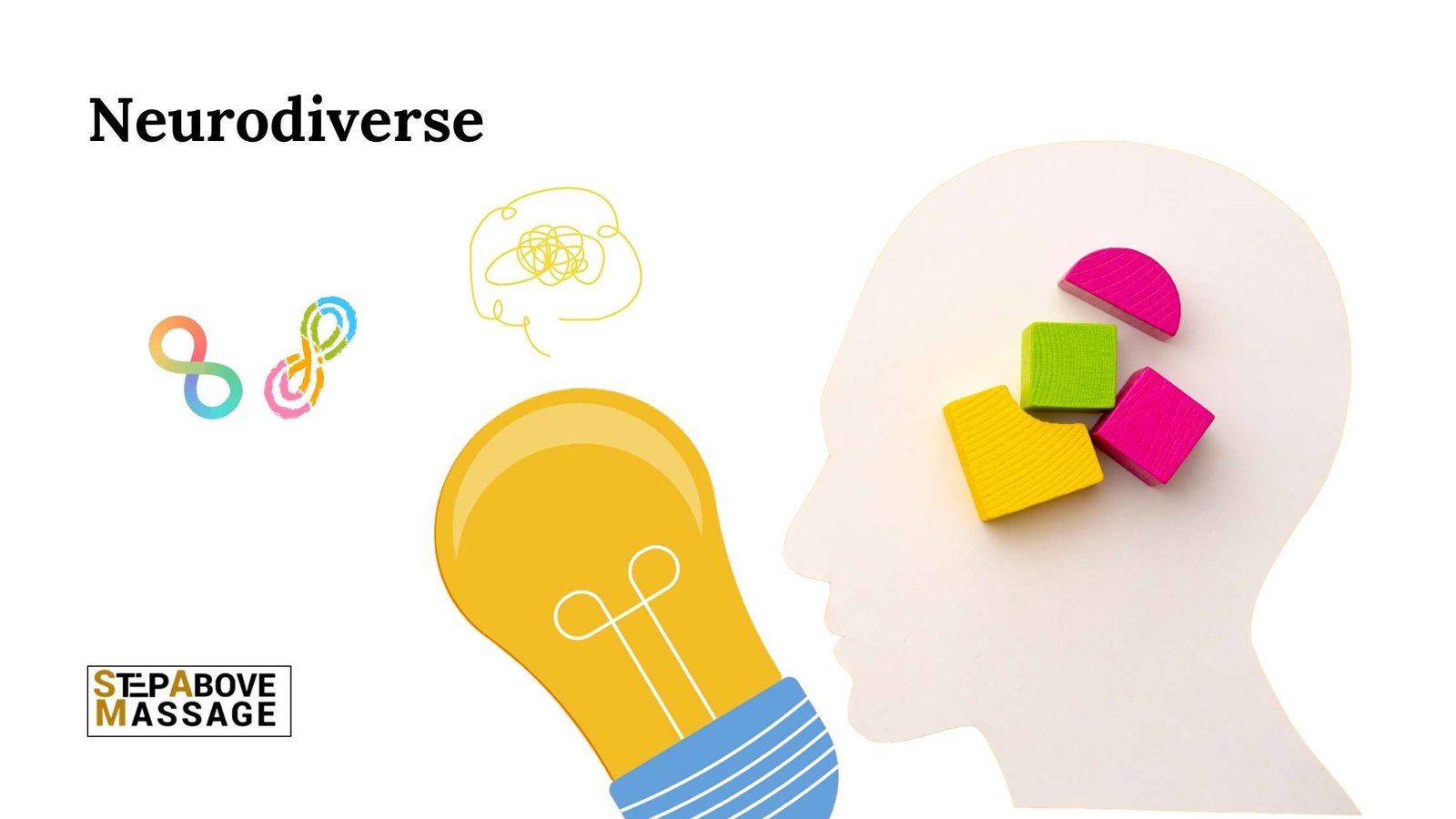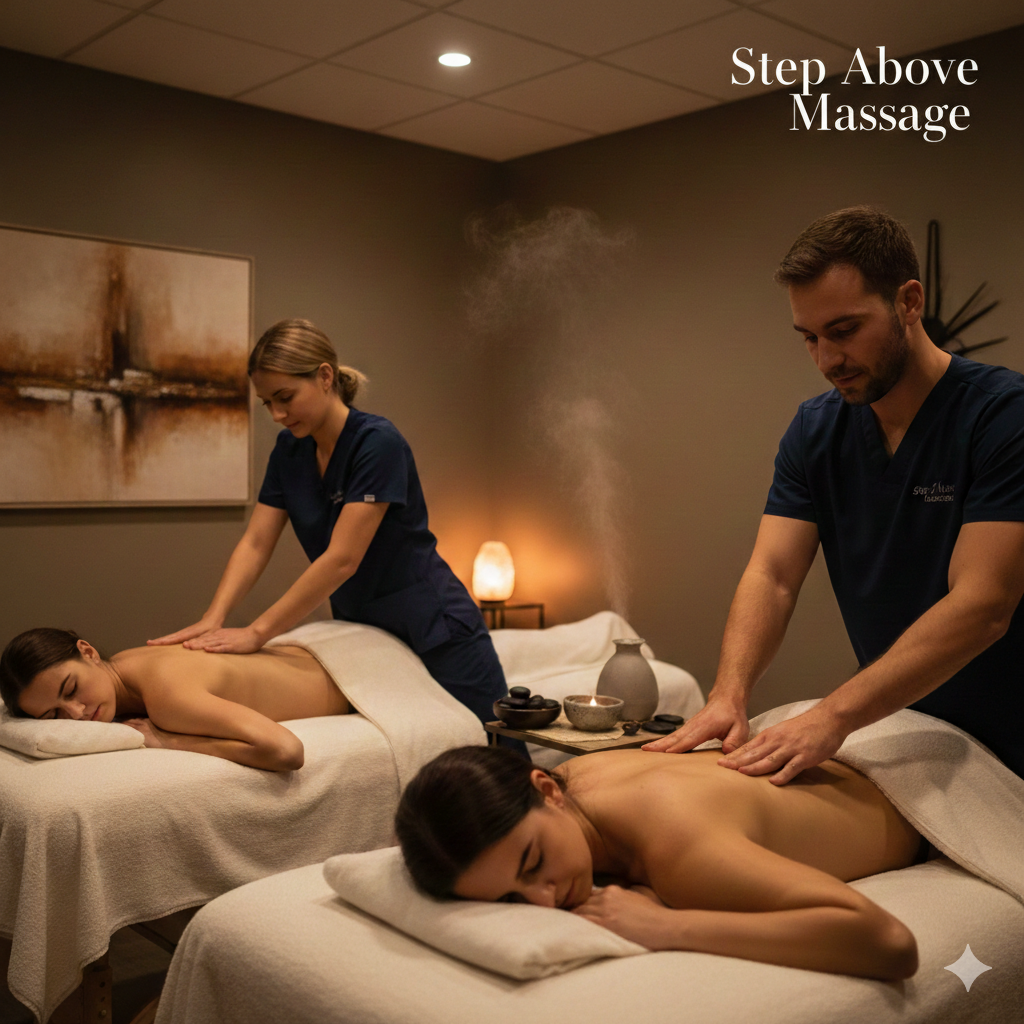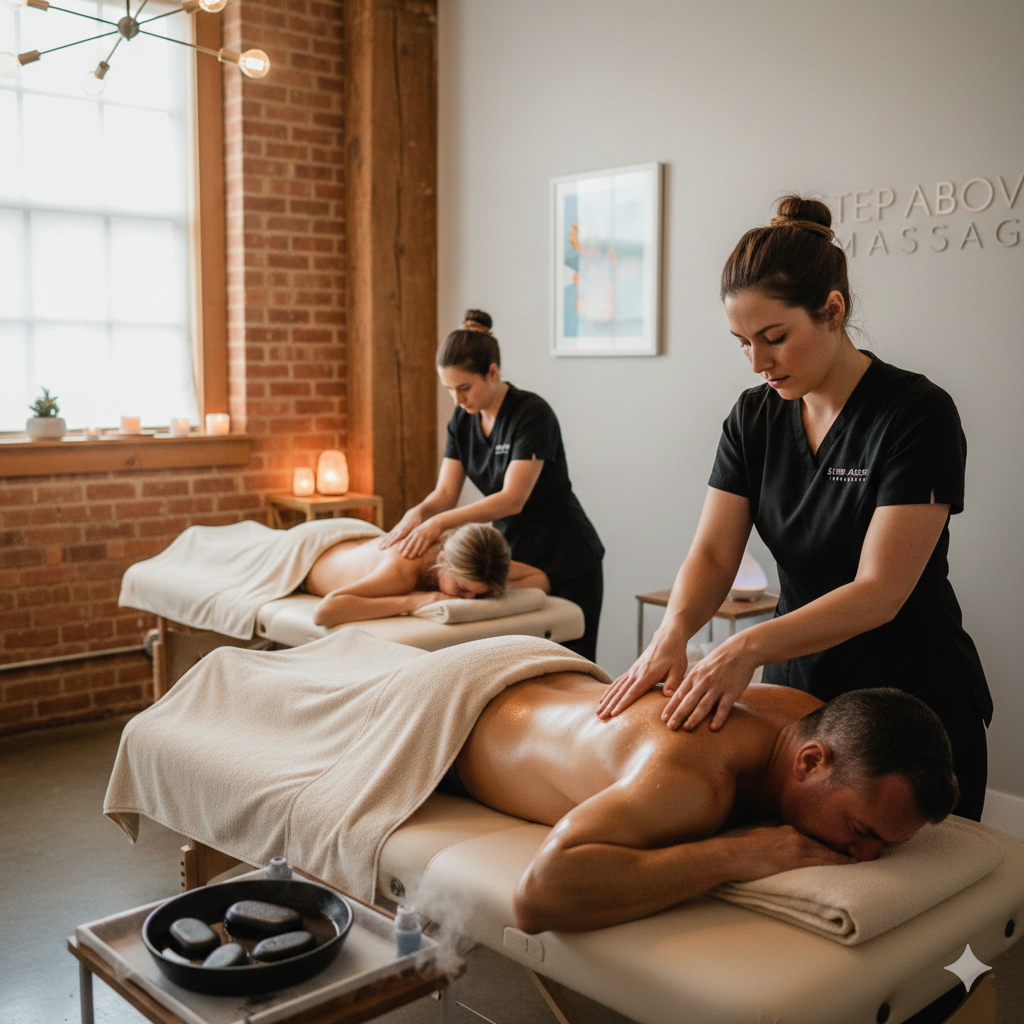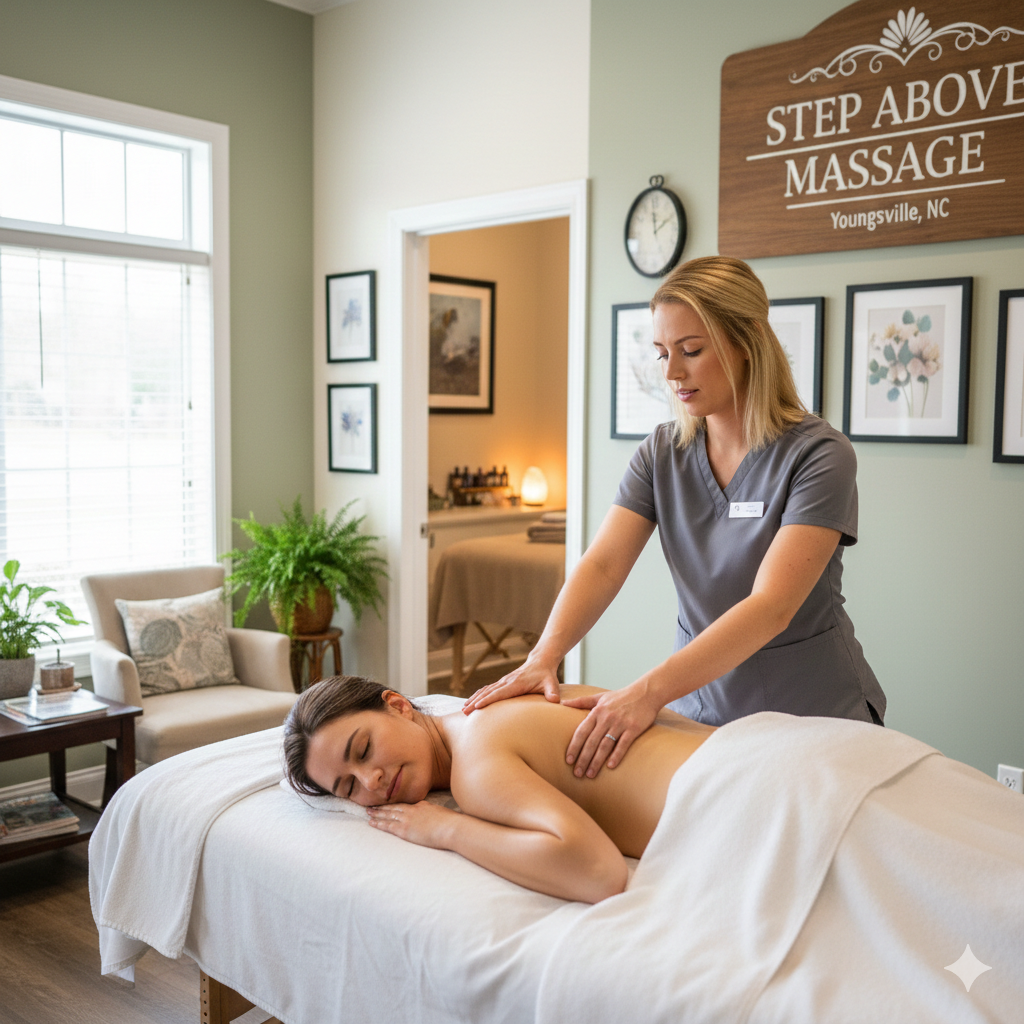Hey there! Do you ever wonder what a small act like a massage can do to help someone’s neurodiverse? People who are neurodiverse, particularly people with autism, ADD, and Sensory Processing Disorders tend to have several challenges that can affect their day-to-day lives. But their experiences of the world range from overstimulation to inability to relax. That is where the wonders of massage therapy come into play. Utilizing massage therapy with neurodiverse clients: My Journey as a Therapist It feels like just the other day I first read something about using specialized applications of massage techniques for individuals on the autism spectrum. I was skeptical. But I was reluctant, thinking to myself “Can massage help? TAKE AN ARROW TO THE KNEE, etc… When I SAW IT FOR MYSELF though, and observed how calming it made them, that changed my mind. · It is not only for relaxation but it also helps you in the good maintenance of whole health. Whether it’s reducing anxiety, soothing aching muscles or simply being good for something to relax in, the rewards are endless. Today I am going to tell you all about these particular advantages and benefits of massage Ayurveda for non-neurotypical individuals. We will detail how it can assist in managing sensory sensitivities, reducing stress, and enhancing focus as well as mood. Therefore, if you are interested in how massage can help just click here!
Neurodiverse people struggle heavily with anxiety. Whether it be sensory overload, social situations, or just in general life stress and anxiety can feel like your best friend. I understand; I have a tiny less vocabulary barrier and I know just how much massage could help with pain management. Massage can act on the nervous system, namely the parasympathetic side; this one sends messages that it’s time to chill out, using gentle and comforting touch. That sigh of relief after an absurd day when you can finally sit back and fancy the much-deserved rested posture?? This is the type of pain reduction that massage provides. In my practice, I occasionally find only a little bit can take the edge off too. It is like pushing the reset button on that tension. For many neurodivergent people, this can be a revelation and moment of immense peace in an otherwise often confusing world.
Improves Sensory Integration
You have probably heard of Sensory Processing (if you are neurodiverse or know someone who Is). You may be very sensitive to touch, sounds, or light and other people might not feel the same degree of sensitivity. Massage is a modality that can offer predictable, controlled touch which reinforces the concept of giving the body an opportunity to local sensory information and process them more appropriately. It just assigns a purpose to each action, depending on what your old brain is used to but if you are one of those people who touch feels so overwhelming that it reps you out when someone barely touches the back of their hand against yours or whatever bc oh my god feelings. Massage can be a gentle way for massage as therapy Over time, this can help with general sensory integration which may lead to more comfortable experiences throughout your day (like wearing clothes hugging someone, or even shaking hands).
Enhances Focus and Attention
It’s not an unknown fact that several people with neurodiverse conditions struggle to focus and stay on task. So I read stories of parents who have observed their kids more settled with regular massage treatments. The idea is that massage adjusts the balance of neurotransmitters such as dopamine and serotonin, which are associated with attention (dopamine), feelings of pleasure (serotonin), or mood. If this is you and your mind is swaying all over the place, a massage might be just what you need to help bring it back into focus.
Improves Mood, Fewer Meltdowns
Meltdowns are things that happen all the time with neurodiverse people. This is not just council temper tantrums but full-fledged meltdowns due to feelings of being overloaded. I have watched how debilitating and frustrating they can be, not only for the person experiencing them but for those who love you as well. Whether the meltdowns are at their worst or not, massage can be a helpful intervention to help calm them as much as possible. With the help of relaxation and also greatly reducing your stress level, massage can control your mood. Oxytocin is the chemistry that makes you feel safe, well, and loved during the physical contact of a massage. Yet for someone who may have difficulty controlling your emotions, why wouldn’t you want to give yourself this added advantage against the storm?
Improves Sleep Quality
If you are someone, or know of someone, who is neurodivergent then more than likely sleep presents some challenges. Falling asleep, staying asleep, or feeling rested after sleep — can be particularly challenging. This is where massage therapy can be a game-changer. This transition into a restive state is amplified since the known effects of massage also help with sound sleep. I have heard from parents who tried everything to get their neurodiversity kids to sleep through the night —nightlights, white noise machines, lullabies. They came to massage because they tried everything else and it did almost disappear! Consistent practices help create a quiet and peaceful bedtime routine, making it easier to fall asleep at such times as well as sleep throughout the night.
Encourages Emotional connection and trust.
Creating trust and connection can be difficult in a neurodiverse relationship, not only between a therapist and client, but also between parent-child relationships, friendships, and so on. Massage therapy is an amazing way to earn trust via the slow, kind hands of gentle positive touch. And not only does it have physical benefits –– but also a deep emotional connection that comes from feeling safe and cared for. I watched it evolve and strengthen after each scheduled massage that we had. I love that one day touch is no longer the best thing to be scared of, it can become a need. This can be extremely empowering for neurodiverse clients.[/ultimate_heading][ultimate_heading main_heading=”Conclusion” alignment=”left”]So, there you have it! Some benefits of massage for neurodiverse people include decreasing anxiety, improving sensory integration and attention to tasks, elevating mood, and also assisting in improved sleep. Not just another relaxation technique but a real-life tool. If you or someone you love is not sure about massages, find a massage therapist who understands neurodiversity and be prepared to try different approaches. We know that everyone is different, and if it works for you then go ahead. Massage takes patience, and an open mind but massage could be your thing when it comes to self-care. I hope you found this article informative, and if you are interested in trying for yourself the effects of massage, leap. It brings more than you think.[/ultimate_heading]




